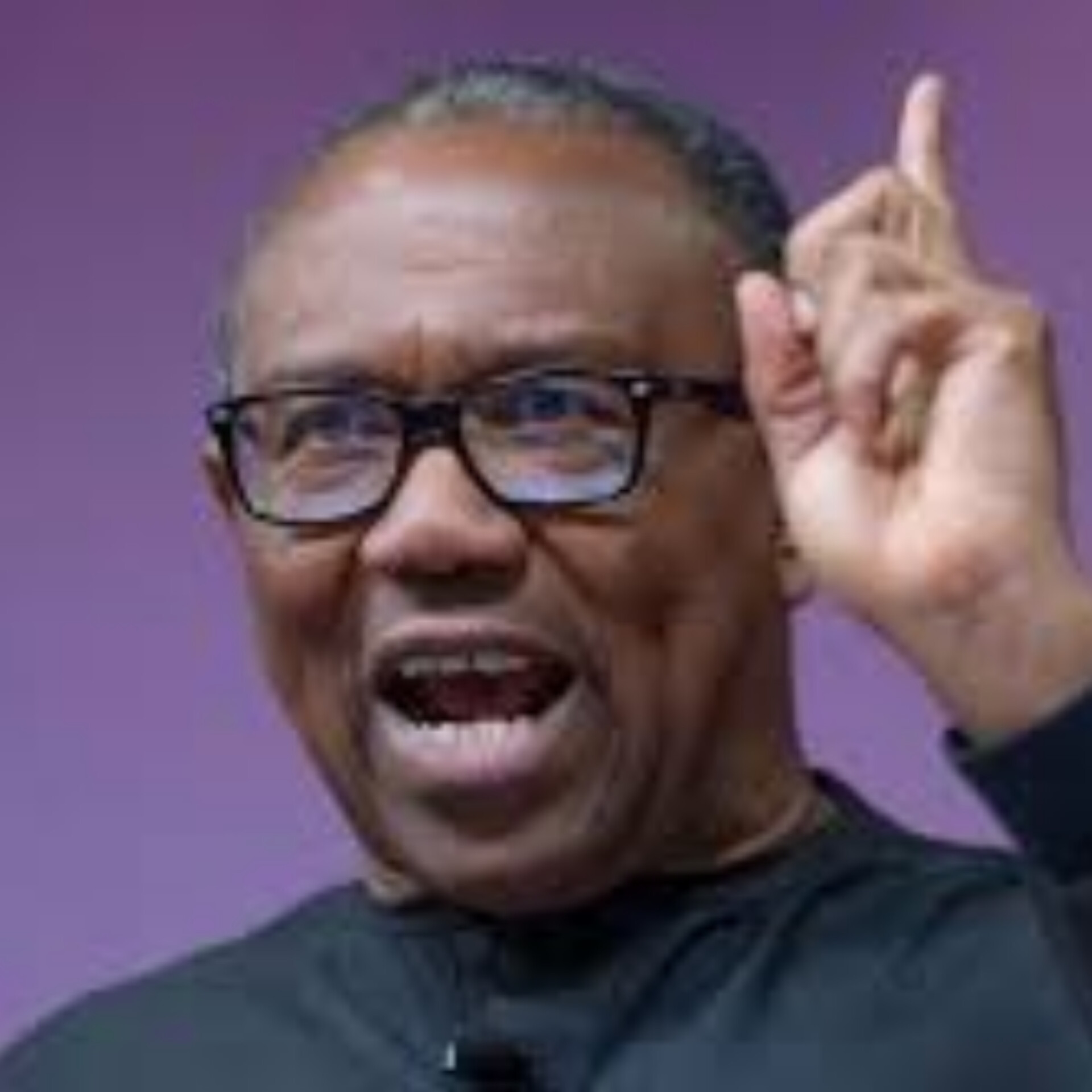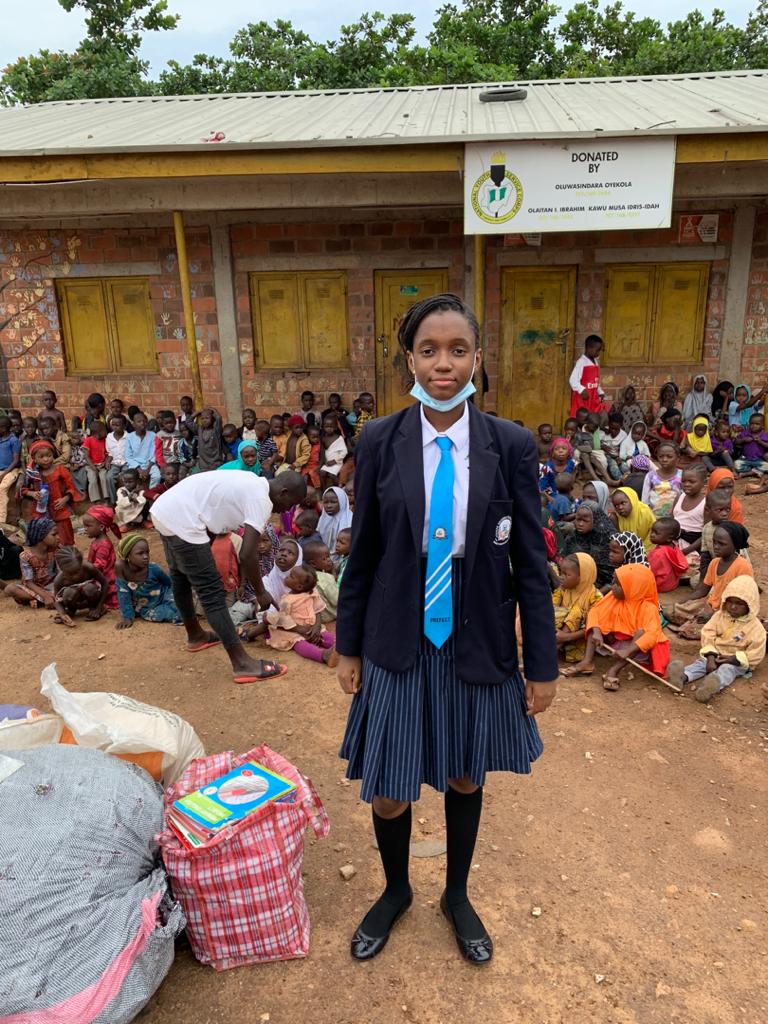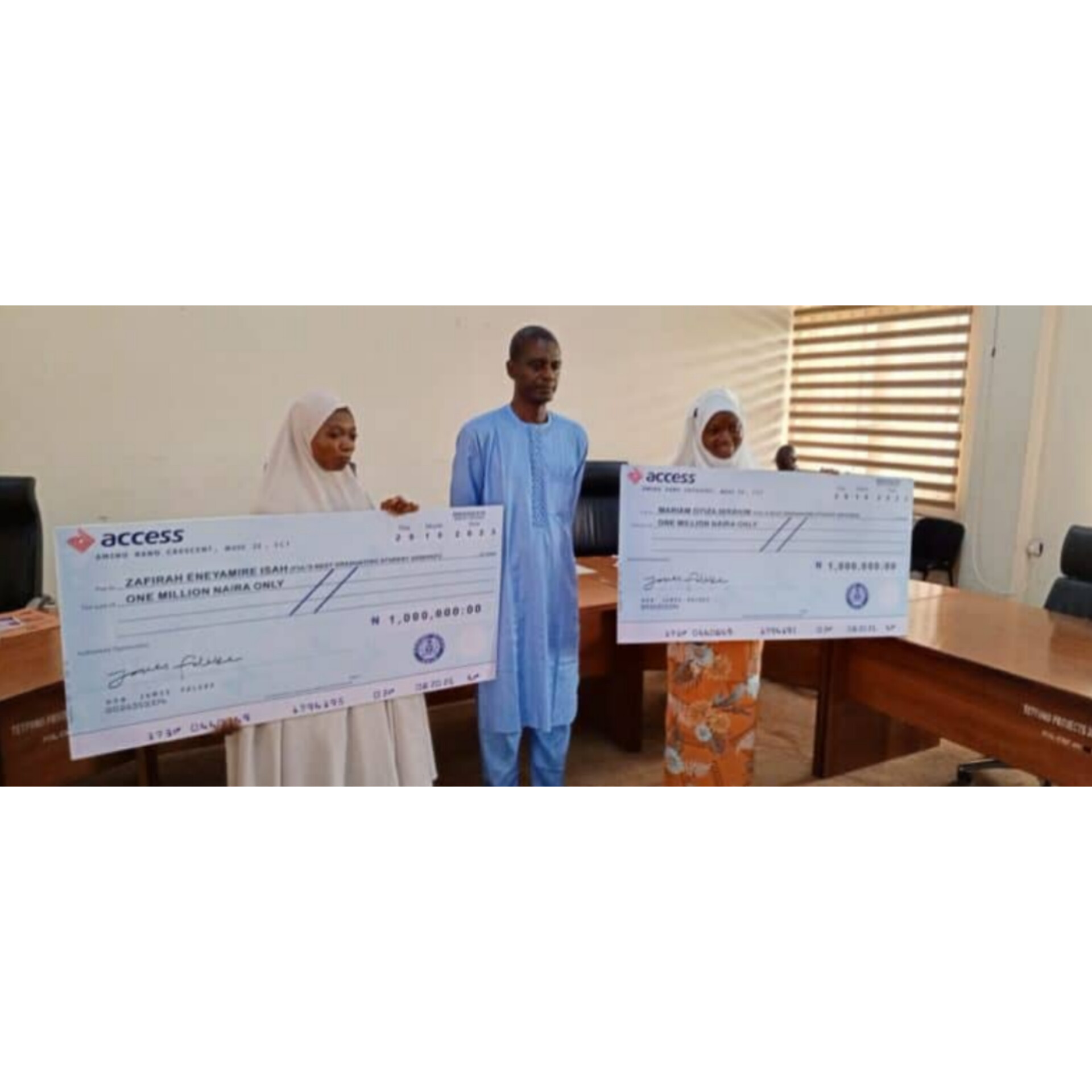***As a professor pleads to be made special Assistant to reps member
The presidential flagbearer for Labour Party (LP) in the 2023 general election, Peter Obi has expressed concern over the deplorable State of the economy that will make a professor in Nigerian university prefer to be an aide to a lawmaker rather than continue to lecture in the Ivory towers.
This is coming against the background of an uncanny encounter he had with a University Professor in Nsukka on Wednesday that made him to ponder over the pitiable state of his affairs as a University Professor for 14 years.
The university don even sought Obi’s intervention to land a more lucrative job of serving as Special Assistant to a federal legislator.
Obi’s mission in Nnsukka was to campaign for a Labour Party Rep member involved in a court-declared bye-election when he ran into an old friend and a Professor with the pathetic story that mirrors the plight of virtually all working class in the nation’s Tertiary institutions in the country.
Sharing the touchy story in his X handle platform, Obi wrote “My two key assignments in Nsukka, Enugu state on Wednesday as significant as they were, got consumed in my chance but emotional encounter with an old friend and University mate now a Professor in the institution.
“My mission in Nsukka was for two important events. First, was to visit and assess a dilapidated health center, and second, to campaign for one of the federal legislators, Hon Dennis Agbo, contesting to represent Udenu/Igbo Eze North Federal Constituency in the forthcoming bye-election on Saturday.”
He expressed the confidence that legislator is committed to the good of his people.
However, while in Nsukka, he met one of those brilliant fellows he knew while he was a student at the University of Nigeria, Nsukka, in the 80s who graduated with a first class and became a lecturer in the institution.
“When I later visited the University as the then Governor of Anambra State, he proudly announced to me that he was already a professor and I rejoiced with him.
“I met him again in Nsukka on Wednesday, but our exchange of pleasantries resulted in very pathetic tales about his general welfare. I noticed in his look and mien that all his happiness of being a professor had vanished.
He began his story by telling me that he felt like he wasted all his years lecturing.
“He dragged his arousing pity story into his current remuneration as a professor.
According to him his salary as of January 31, 2010, which is 14 years ago remains the same to date, having reached the pinnacle of his career.
“The only significant difference is that while the money was worth something in 2010, today the same amount is worth nothing.
“The Professor recalled how he was able to buy a Toyota Corolla from his savings, something that is not possible again today. I asked for his salary today, he said about N400,000.
“He broke my heart when he requested that I put in words for him so that Hon Dennis Agbo can appoint him as Special Adviser when he wins. The reason for the bizarre request that shocked me was that he would earn more and receive more perks as an SA than as Prof.
“Touched by this and applying my finance background I decided to do some comparative analysis.
“By January 31, 2010, the salary of a Nigerian University Professor was about N400,000. With the then prevalent exchange rate of N150.10 per dollar, the salary amounted to about $2665.
“Fourteen years later, on January 31, 2024, the salary of a University Professor remains about N400,000. With the prevailing exchange rate of N1,510 per dollar, the same salary now amounts to about $265.
“So after putting in 14 years of hard work, having attained the zenith of his academic career, a Nigerian University Professor now earns 10% of what he earned 14 years ago – this is only possible in Nigeria.
‘A few years ago, a Toyota Corolla cost N4.8 million, so his annual salary without any expenditure on any other item, amounting to about N4.8 million, could buy a Toyota Corolla.
“Today, the same Toyota Corolla costs about N52 million which is more than 10 years of his salary without expenditure, to be able to buy one, after having attained the highest point one can achieve in academia.
“Considering the critical role education plays in the development of a nation, and the low human development index, HDI, we are currently at, we require as many hands and a committed workforce as we can get in that sector. But can we get such, when the earnings of our professors are going backward relatively?
“Sadly, we are in the same country where the government can use an amount enough to buy 3 Toyota Corollas, to buy personal SUVs for the legislators, whose annual earnings amount to several times that of the university professor and can now afford to pay the professor more than he can earn from lecturing in a premier university in Nigeria.
“How does one then remain earnestly committed to contributing to the critical development of the nation?
He therefore advocated for dismantling of the criminality to create a functional society where people’s talents, efforts, and sacrifices will match up with their opportunities in life.





